The Silent Menace in Your Home: The Harmful Effects of Mold
What are mold's harmful effects? Do you have young children at home? Are you aware that there may be a hidden danger lurking in your home that could put your health at risk? We're talking about mold.
Empower Your Health Journey – Explore My Free Apps for a Vibrant, Healthier Lifestyle Today!
Mold is a type of fungus that can grow on damp or wet surfaces in your home. It can grow on walls, floors, and even in the air. Breathing in mold can be harmful, especially for children whose respiratory systems are still developing.
Research has shown that breathing in mold can cause a range of respiratory issues in children. This is especially true for children with asthma, allergies, or weakened immune systems. Mold can trigger asthma symptoms, such as coughing, wheezing, and shortness of breath. It can also cause allergies, leading to symptoms such as sneezing, runny nose, and itchy eyes.
But the harmful effects of mold don't stop there. A recent study published in the journal Pediatrics found that children exposed to mold in their homes were at a higher risk of developing childhood asthma. The study, which followed more than 1,200 children over a period of seven years, found that those who were exposed to mold at an early age were more likely to develop asthma later in childhood.
Mold's Harmful Effects on Children - Recent Study
The fact is, mold can colonize in your body and cause serious health issues. According to the Centers for Disease Control and Prevention (CDC), exposure to mold can lead to a range of health problems, including respiratory issues, headaches, fatigue, and even neurological problems.
Please watch the Video: ''The Hidden Danger Lurking in Your Home: Mold's Harmful Effects on Children''
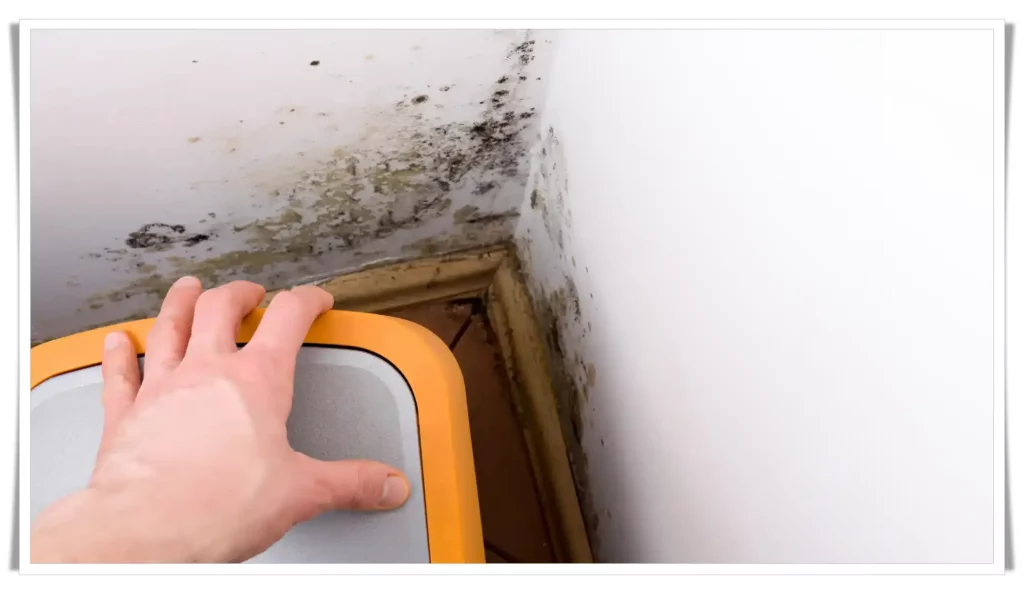
Tips: ''Parents should be aware of the potential mold's harmful effects on children and take necessary precautions to protect their little ones.''
So, what can you do if you've found mold in your house? First, don't panic. Most types of mold are not harmful and can be easily removed with a bit of elbow grease and the right tools. However, if you're dealing with a large infestation or if you're unsure of how to handle the situation, it's best to call in a professional.
In this article, we will explore the harmful effects of mold on children, how to detect it, and what you can do to prevent it from growing in your home.
A recent study conducted by the Bio-ethical Committee of Jagiellonian University Medical College in Krakow, Poland, has highlighted the grave danger that toxic black mold can pose to the cognitive abilities of young children. Often viewed as a mere irritant, black mold is now understood to be a far more pressing concern, with the potential to cause severe respiratory issues as well as significant long-term cognitive deficits.
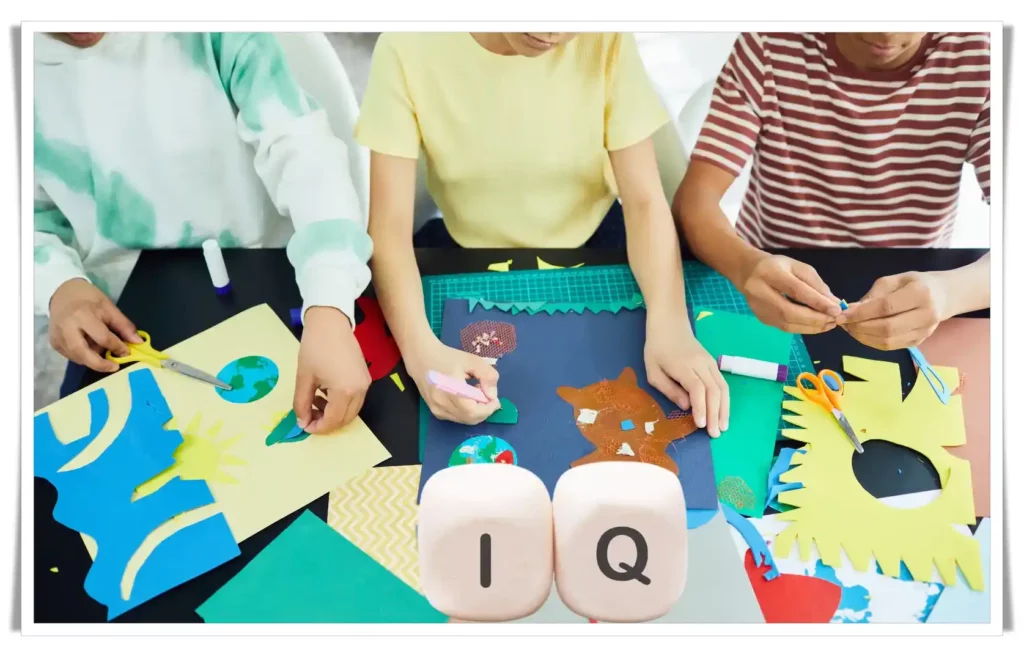
Over a six-year period, the college tracked a group of 277 infants born at term, 52 of whom (18.8%) were exposed to toxic mold for shorter periods (two years or less), while 15 (5.4%) were exposed for longer periods. The results were alarming: children who were exposed for longer periods to indoor molds showed significant cognitive deficits, with an average drop of 10 IQ points. Moreover, the study revealed that longer exposure to indoor molds tripled the risk of low IQ scores compared with the group with no exposure.
It is crucial to acknowledge the seriousness of this threat and take immediate action to eliminate any toxic mold from homes, apartments, or other dwellings. Mold remediation can rid your home of any mold infestation, protecting you and your family from the detrimental effects of toxic black mold.
If you are concerned about mold in your home, reach out to the professionals at Stern Mold. As experts in mold remediation, we have the experience and knowledge to answer all of your questions and ensure the safety of your loved ones. Since 1995, we have been serving the New Jersey, New York City, and Long Island areas, providing top-quality mold remediation services to our valued clients.
Breathing in Mold: The Risks to Your Child's Health
When mold spores are inhaled, they can cause a wide range of health problems. For children, the risks are even greater. Breathing in mold spores can cause respiratory issues such as coughing, wheezing, and shortness of breath. It can also trigger asthma attacks, making it harder for children to breathe.
One study published in the Journal of Allergy and Clinical Immunology found that children who lived in moldy homes were three times more likely to develop asthma than children who did not. Another study found that children who were exposed to mold in their homes were more likely to develop allergies.
Please watch the Video: ''The Hidden Danger Lurking in Your Home: Mold's Harmful Effects on Children''
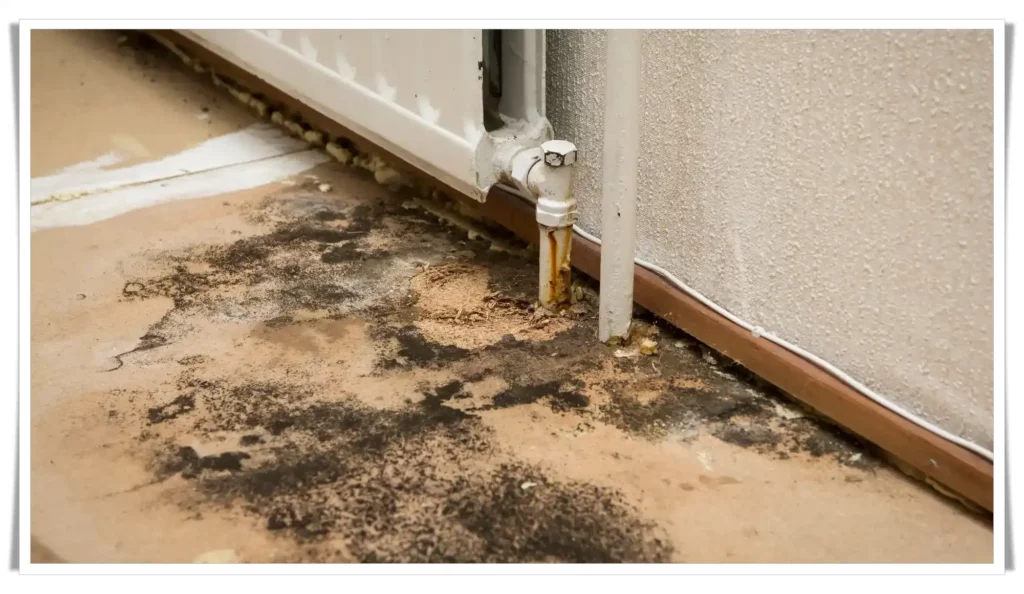
Tips: ''Exposure to mold can lead to serious respiratory problems in children, highlighting the importance of understanding and addressing mold's harmful effects.''
Children with weakened immune systems, such as those undergoing chemotherapy or with HIV/AIDS, are at an even greater risk of developing health problems due to mold exposure. The CDC notes that exposure to mold can also cause a range of non-respiratory issues, including skin irritation, headaches, and fatigue.
It's important to note that not all molds are harmful, but it's hard to know which ones are and which ones aren't just by looking at them. That's why it's important to take mold growth seriously and address it promptly.
How Long Can You Live in a House with Mold?
If you have found mold in your home, you may be wondering how long you can continue to live there. The answer is that it depends on the extent of the mold growth and your child's health.
If your child has a compromised immune system or a respiratory condition, it is best to leave the home until the mold has been removed. If the mold growth is extensive, it may also be best to leave until the problem has been addressed.
Please watch the Video: ''The Hidden Danger Lurking in Your Home: Mold's Harmful Effects on Children''
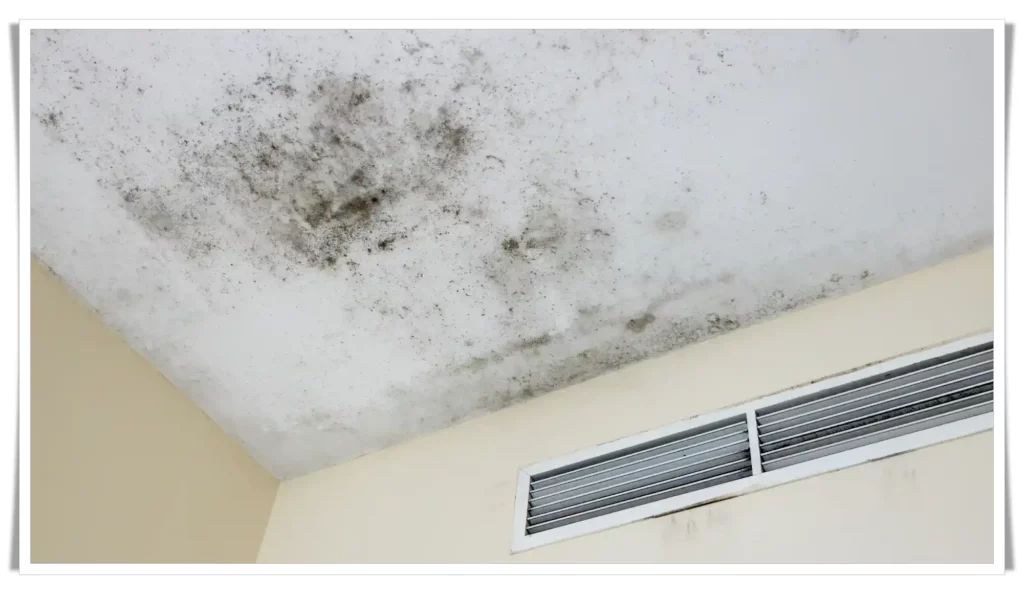
Tips: ''The harmful effects of mold on human health are well-documented, with exposure to mold known to cause a range of respiratory and allergic reactions in both children and adults.''
For those without pre-existing health conditions and with minimal mold growth, it may be safe to continue living in the home while steps are taken to address the issue. However, it's important to note that the longer you are exposed to mold, the greater the potential health risks.
The Centers for Disease Control and Prevention (CDC) recommends addressing any mold growth in your home as soon as possible to reduce exposure and prevent further growth. This includes identifying and addressing the source of moisture that is allowing mold to grow, as well as removing any visible mold.
Mold Fact Sheet: What You Need to Know
To help you understand mold better, we have put together a mold fact sheet:
- Mold can grow on any damp or wet surface
- Mold spores can be found in the air
- Mold can cause a wide range of health problems, including respiratory issues, allergies, and asthma
- Children are more susceptible to mold-related health problems than adults
- Mold can be detected through visible signs or through a mold test
Please, read ''What Are the Best Therapeutic Teas?''
Can Mold Colonize in Your Body?
You may be wondering if mold can colonize in your body. The answer is no. While mold spores can be inhaled, they cannot grow in the human body. However, exposure to mold can cause a wide range of health problems, as we have discussed.
When mold spores are inhaled, they can irritate the respiratory system, leading to coughing, wheezing, and shortness of breath. For those with allergies or asthma, exposure to mold can trigger or exacerbate symptoms. Prolonged exposure to mold may also increase the risk of developing respiratory infections.
Please watch the Video: ''The Hidden Danger Lurking in Your Home: Mold's Harmful Effects on Children''
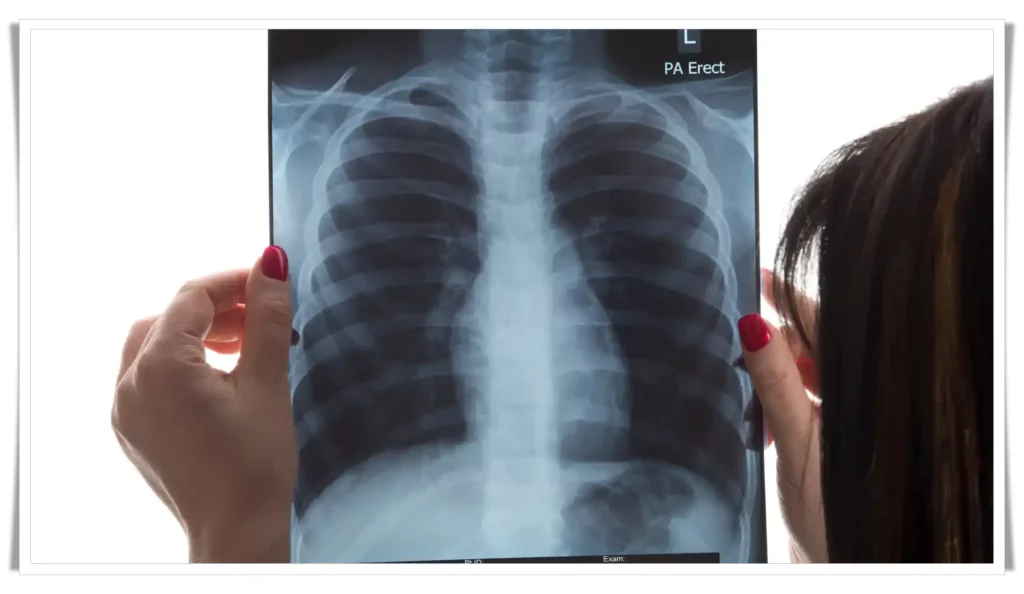
Tips: ''The long-term mold's harmful effects can be serious and can lead to chronic respiratory issues, making it essential to take steps to prevent mold growth and address any signs of mold in your home promptly.''
In addition to respiratory issues, exposure to mold can also lead to skin irritation, headaches, and fatigue. It's important to take mold growth seriously and address it promptly to prevent the harmful effects of mold on your health.
If you suspect that you or your child may be experiencing symptoms related to mold exposure, consult with a healthcare provider. They can help determine if further medical evaluation or treatment is needed.
What Health Issues Can Mold Cause?
Mold exposure can cause a wide range of health problems, including:
- Respiratory issues such as coughing, wheezing, and shortness of breath
- Allergies
- Asthma attacks
- Headaches
- Fatigue
- Irritation of the eyes, nose, and throat
In severe cases, mold exposure can also lead to more serious health problems such as lung infections.
Please watch the Video: ''The Hidden Danger Lurking in Your Home: Mold's Harmful Effects on Children''
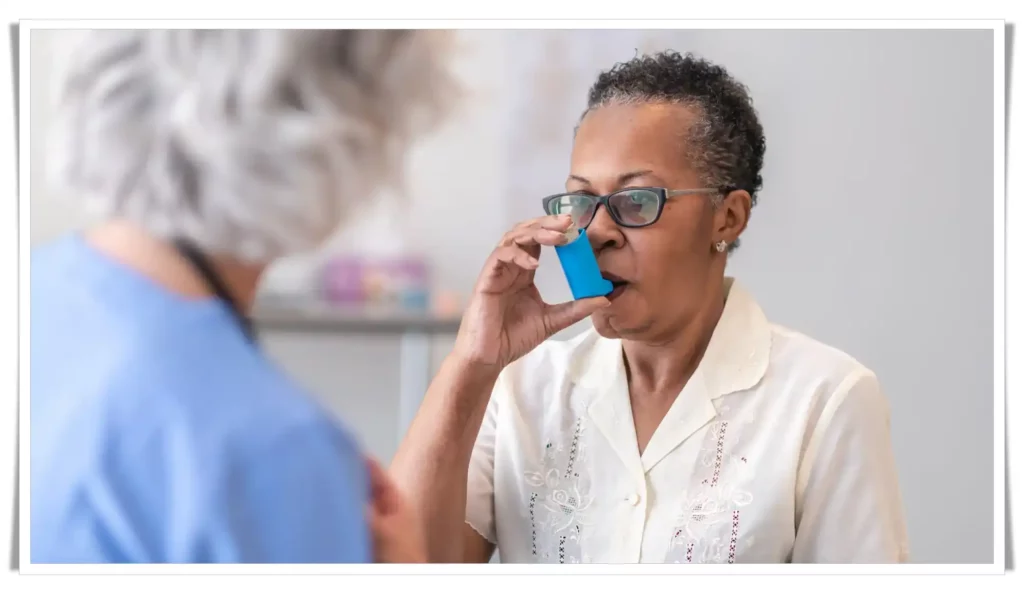
Tips: ''Mold's harmful effects are not just limited to physical health but can also have a significant impact on mental health, leading to anxiety, depression, and other mood disorders in some cases.''
Additionally, prolonged exposure to mold can also weaken the immune system and make individuals more susceptible to other infections and illnesses. Children, the elderly, and those with preexisting respiratory conditions are at higher risk of experiencing adverse health effects from exposure to mold. It's crucial to address any signs of mold growth in your home promptly and take steps to prevent mold from forming in the first place to protect yourself and your family's health.
Touching Mold: Is it Dangerous?
Touching mold is generally not dangerous, but it is important to avoid touching mold with your bare hands. This is because mold spores can be easily transferred from your hands to your mouth, nose, or eyes, leading to health problems.
If you need to remove mold from your home, it is best to wear gloves and a mask to avoid coming into direct contact with the mold.
Please watch the Video: ''The Hidden Danger Lurking in Your Home: Mold's Harmful Effects on Children''

Tips: ''Mold's harmful effects can also lead to skin irritation and rashes in some people who come into contact with it.''
Mold's harmful effects can be minimized by taking proper precautions such as wearing gloves and masks while handling it.
It's important to note that some molds can also produce mycotoxins, which are toxic substances that can cause health problems if ingested or inhaled. If you suspect that you or your child has been exposed to mycotoxins, it's important to seek medical attention immediately. Symptoms of mycotoxin exposure may include headaches, dizziness, nausea, and in severe cases, liver and kidney damage.
How to Detect and Prevent Mold in Your Home
Now that you know the risks of mold exposure, it is important to learn how to detect and prevent mold in your home.
Detecting mold can be done through visible signs such as black spots on walls or ceilings, a musty odor, or by using a mold test kit. If you suspect there is mold in your home, it is important to address it as soon as possible to prevent further growth and potential health risks.
Preventing mold growth in your home can be done through proper ventilation, reducing humidity levels, and fixing any leaks or water damage promptly. Here are some tips to prevent mold growth in your home:
Please watch the Video: ''The Hidden Danger Lurking in Your Home: Mold's Harmful Effects on Children''

Tips: ''Mold's Harmful Effects - Exposure to mold can also lead to skin irritation, rashes, and other dermatological problems.''
- Use a dehumidifier to reduce humidity levels
- Keep windows open to promote ventilation
- Use exhaust fans in the bathroom and kitchen
- Fix any leaks or water damage promptly
- Clean and dry any wet surfaces or materials promptly
- Use mold-resistant paint and building materials in your home
By taking these preventative measures, you can help ensure that your home remains a healthy and safe environment for your children.
Relevant Scientific Study: The Association of Indoor Mold Exposure and Childhood Asthma
A relevant scientific study on the harmful effects of mold on children is "The Association of Indoor Mold Exposure and Childhood Asthma," published in the Journal of Allergy and Clinical Immunology.
This study found that children who lived in homes with mold were three times more likely to develop asthma than children who did not. The study also found that children who were exposed to mold in their homes were more likely to develop allergies.
This study highlights the importance of addressing mold growth in your home to protect your child's respiratory health.
Conclusion
In conclusion, mold can be a hidden danger in your home that can have harmful effects on your children's health. It is important to detect and prevent mold growth in your home to ensure a safe and healthy environment for your family.
If you suspect there is mold in your home, it is important to address it promptly to prevent further growth and potential health risks. By taking preventative measures such as reducing humidity levels, promoting ventilation, and fixing any leaks or water damage, you can help prevent mold growth in your home.
Remember, mold exposure can cause a wide range of health problems, especially for children, so it is important to take action to protect your family's respiratory health.
Additionally, if you or your family members experience symptoms such as coughing, wheezing, or skin irritation, it is important to seek medical attention as these could be signs of mold-related health problems. A healthcare professional can help determine if mold exposure is the cause of these symptoms and provide appropriate treatment.
Please watch the Video: ''The Hidden Danger Lurking in Your Home: Mold's Harmful Effects on Children''
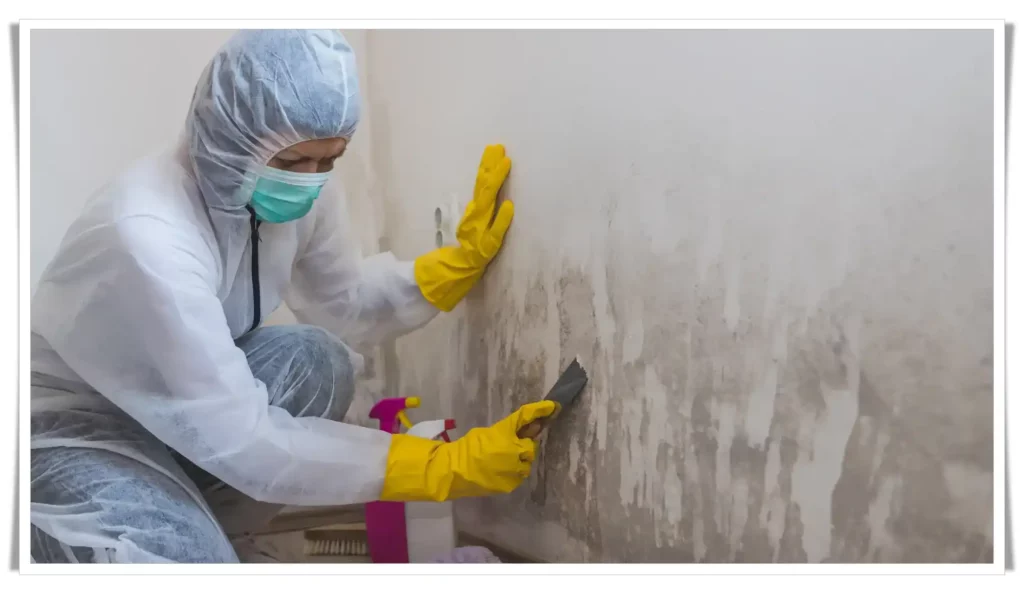
Tips: "Mold's harmful effect on children can lead to respiratory problems, skin irritation, and other health issues that can impact their well-being and quality of life."
It is also important to properly clean and dry any areas in your home that have experienced water damage, as mold can begin to grow within 24-48 hours. If you are unsure how to properly clean up after water damage or suspect mold growth, it is best to seek the help of a professional mold remediation company.
Overall, taking proactive steps to prevent mold growth and addressing any suspected mold issues promptly can help ensure a safe and healthy environment for your family. By staying informed about the risks of mold and taking action to mitigate them, you can protect your family's respiratory health and prevent potential health problems caused by mold exposure.
Useful Links:
- Environmental Protection Agency: https://www.epa.gov/mold
- American Lung Association: https://www.lung.org/our-initiatives/healthy-air/indoor/indoor-air-pollutants/mold-and-dampness
| Tips to Prevent Mold Growth in Your Home |
|---|
| Use a dehumidifier to reduce humidity levels |
| Keep windows open to promote ventilation |
| Use exhaust fans in the bathroom and kitchen |
| Fix any leaks or water damage promptly |
| Clean and dry any wet surfaces or materials promptly |
| Use mold-resistant paint and building materials in your home |
If you have questions or want to comment, please leave them below and I will answer as soon as I can.
Thank you for reading ''The Hidden Danger Lurking in Your Home: Mold's Harmful Effects on Children''




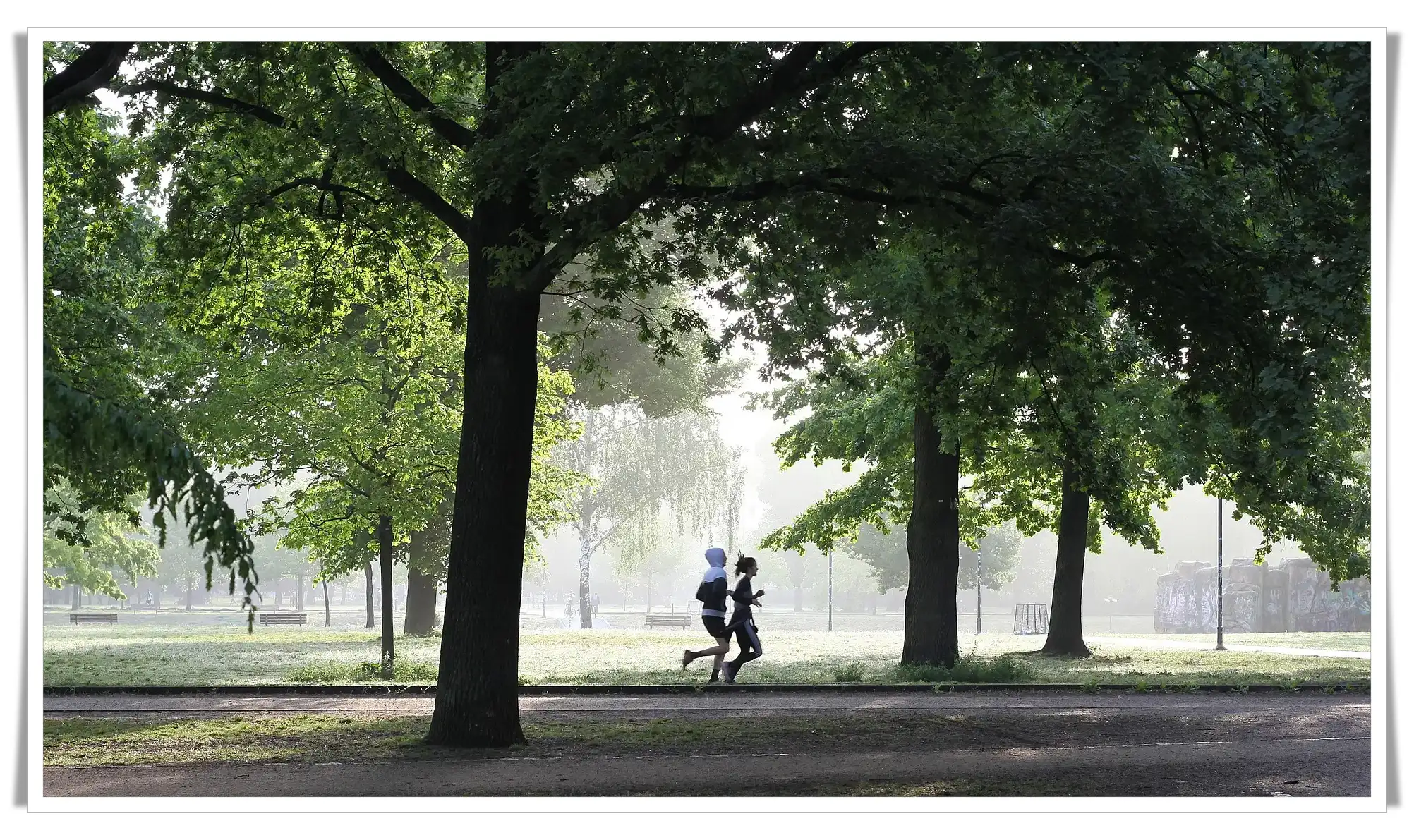
I find it alarming that mold is a toxic contaminant that can trigger headaches and cause fatigue. My friend is planning to move into an uninspected home after marrying his girlfriend this year. I should suggest that he consult a mold professional that can check the property before they settle in.
I also have some friends who live in a farmhouse with a lot of mold. They have been living there for about 4 years, and both the parents and the two children have started experiencing respiratory problems, fatigue, and irritability. In February, they insulated the house and sanitized it, and now their health has improved to a better, acceptable state. They still require some treatment, but they will be okay. So, be careful with mold…
Wow, fantastic weblog structure! How long have you ever been blogging for?
you made blogging look easy. The overall glance of your site is wonderful, as neatly as the content material!
You can see similar: najlepszy sklep and here sklep online
great submit, very informative. I wonder why the other
specialists of this sector do not realize this. You
should continue your writing. I’m confident, you have a great readers’ base already!
I saw similar here: sklep online and also here: najlepszy sklep